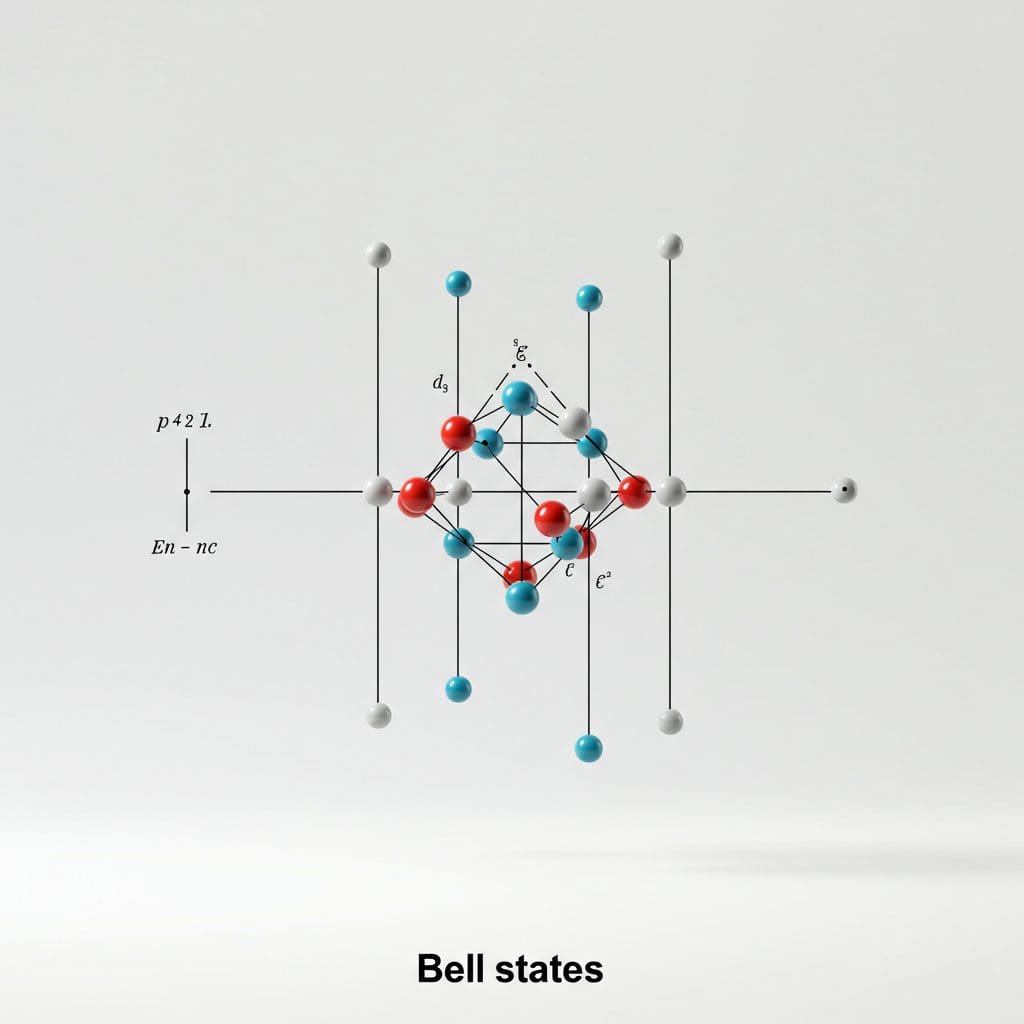Anonymous decision-making presents a significant challenge in distributed systems, and researchers continually seek methods to ensure privacy while maintaining secure outcomes. Ravi Sangwan, Harishankar Mishra, and Henry Sukumar, along with their colleagues at the Centre for Development of Advanced Computing in Bangalore, India, now present a novel quantum protocol that dramatically simplifies this process. Their work introduces a deterministic quantum anonymous veto scheme that achieves conclusive veto detection in a single round, a substantial improvement over existing methods. This breakthrough relies on utilising only bipartite entanglement in the form of Bell states, eliminating the need for complex multi-qubit entanglement and iterative communication rounds, and paving the way for practical implementation on near-term quantum devices. By preserving voter anonymity, correctness, and verifiability with significantly reduced resource requirements, this research offers a viable pathway towards secure and efficient decision-making in distributed quantum networks.
Deterministic Quantum Voting with Enhanced Security
This research explores secure and anonymous voting protocols using the principles of quantum mechanics, aiming to create a system that guarantees voter anonymity and protects against manipulation. The team achieves this by building upon existing quantum voting protocols and introducing a deterministic solution, meaning the outcome is predictable given the inputs. The system leverages quantum mechanics, specifically utilizing discrete-time quantum walks, to implement quantum gates and perform computations within the voting protocol. This deterministic approach contrasts with some quantum algorithms that rely on probabilistic measurements, offering greater reliability and simplifying the experimental setup. Experimental realization of universal quantum gates and the creation of a six-qubit state using photonic quantum walk demonstrate the scalability of this approach. This work improves upon existing quantum voting protocols, addressing limitations such as complexity and the need for multiple entangled particles.
Deterministic Anonymous Veto With Bipartite Entanglement
Scientists engineered a new deterministic Anonymous Veto (QAV) protocol that significantly reduces the quantum resources needed for anonymous decision-making. This protocol achieves conclusive veto detection in a single round, a substantial improvement over existing methods, by leveraging only bipartite entanglement, specifically Bell states. The method involves preparing pairs of entangled qubits, with one qubit retained by a central authority and the other sequentially passed through all voters before returning for measurement. This streamlined design enhances scalability for practical implementation, and decoy qubits are incorporated to detect disturbance in the quantum channel, safeguarding the integrity of the voting process.
Bell-state measurements performed by the central authority provide a direct consistency check on the entangled pairs, enabling the detection of tampering or ensuring correct veto outcome inference even under noisy conditions. The protocol requires a number of Bell pairs proportional to the number of voters, resulting in a qubit cost comparable to existing iterative protocols, but the deterministic approach avoids multiple voting rounds, offering a resource advantage. The researchers outlined a photonic realization based on discrete-time quantum walks, utilizing the polarization and path of single photons to encode qubits. Coin operations, implemented via waveplates, manipulate the polarization state, while conditional shift operators, realized using beam splitters, control the photon’s path, paving the way for a practical implementation of the deterministic QAV protocol.
Single-Round Veto Detection Using Entanglement
Scientists have developed a new quantum Anonymous Veto (QAV) protocol that simplifies secure decision-making in distributed systems. This work achieves conclusive veto detection in a single round, a significant improvement over existing methods, by utilizing only bipartite entanglement, specifically Bell states. The research demonstrates a practical implementation of this protocol using photons, encoding information in polarization and employing discrete-time quantum walks. Experiments confirm that the system can accurately determine whether a veto has been cast, without revealing the identity or number of dissenting voters, thus preserving complete anonymity.
The team achieved this by analyzing Bell measurement results; if all measurements indicate a specific state, no veto occurred, while any deviation signals a veto. This photonic implementation offers a compact and low-decoherence platform, and all necessary quantum operations are realized using standard linear optical components, making the protocol accessible with current technology. Detailed evaluation confirms the scheme preserves unconditional anonymity while achieving competitive resource efficiency compared to existing approaches, representing a step forward in designing efficient, secure, and scalable quantum voting protocols.
Entanglement Enables Simple Anonymous Veto Protocol
This research presents a new deterministic protocol for anonymous veto, enabling secure decision-making where participants can signal disapproval without revealing their individual votes. The team successfully designed a method that relies solely on bipartite entanglement, specifically Bell states, significantly simplifying the quantum resource requirements compared to existing approaches. The protocol guarantees both correctness, ensuring a veto is detected if and only if one exists, and verifiability, allowing all voters to independently confirm the outcome without compromising anonymity. Analysis demonstrates the protocol’s robustness against realistic conditions, including passive adversaries and noisy quantum channels, through the use of decoy states and consistency checks during Bell-state measurements. Furthermore, the researchers quantified the protocol’s efficiency in terms of qubit usage, showing it achieves comparable scaling to other methods while requiring fewer communication rounds, making it more resource-efficient in real-world scenarios. Future work focuses on a practical implementation of the protocol using photonic quantum walks, demonstrating its feasibility within existing optical platforms, and representing a significant step towards realizing secure and scalable anonymous decision-making systems using quantum technologies.
